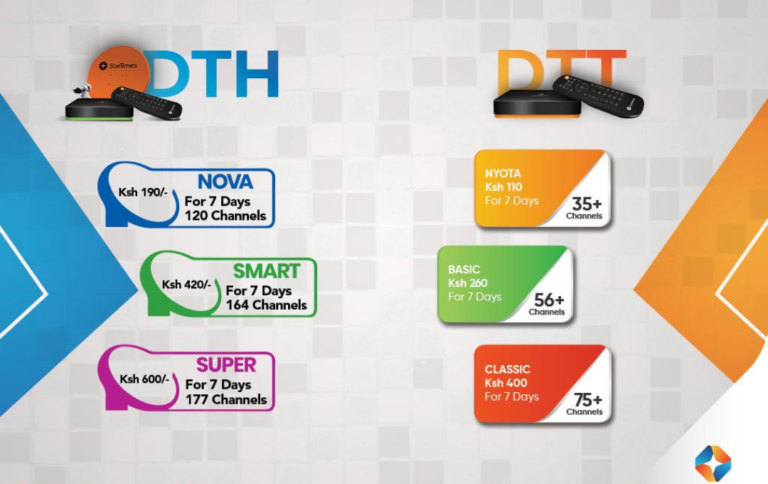The Vital Role of a Learning Development Specialist

Learning Development Specialist – The need for effective learning and development has never been more crucial. As organizations strive to stay competitive and adapt to new challenges, they rely on the expertise of learning development specialists to help their employees acquire the necessary skills and knowledge. These professionals play a vital role in shaping the learning landscape and ensuring that organizations can thrive in an ever-changing business environment.
Read: The Rise of Remote Learning Development Jobs
What is a Learning Development Specialist?
A learning development specialist is a professional who designs, develops, and implements learning solutions to help individuals and organizations achieve their goals. They work closely with subject matter experts, stakeholders, and learners to create engaging and effective learning experiences that meet the specific needs of the target audience.
Key Responsibilities of a Learning Development Specialist
Learning development specialists have a wide range of responsibilities, including:
- Conducting needs assessments to identify learning gaps and performance challenges
- Designing learning objectives and aligning them with organizational goals
- Developing learning content, such as e-learning modules, instructor-led training, and performance support tools
- Selecting appropriate delivery methods and technologies to enhance the learning experience
- Evaluating the effectiveness of learning interventions and making data-driven improvements
Skills and Competencies of a Learning Development Specialist
To be successful in their role, learning development specialists must possess a unique set of skills and competencies, including:
- Strong instructional design skills to create engaging and effective learning experiences
- Proficiency in using various learning technologies and platforms
- Excellent communication and collaboration skills to work effectively with stakeholders and subject matter experts
- Analytical and problem-solving skills to identify learning needs and develop solutions
- Creativity and innovation to develop unique and engaging learning content
The Impact of a Learning Development Specialist
The impact of a learning development specialist can be far-reaching and profound. By creating effective learning solutions, they help organizations:
- Improve employee performance and productivity
- Enhance employee engagement and job satisfaction
- Reduce training costs and increase return on investment
- Stay competitive in their industry by developing a skilled and knowledgeable workforce
The Future of Learning Development Specialists
As the world of learning and development continues to evolve, the role of a learning development specialist is expected to become even more critical. With the increasing use of technology in learning, such as virtual reality, artificial intelligence, and mobile learning, these professionals will need to stay up-to-date with the latest trends and technologies to create innovative and effective learning solutions.
Moreover, as organizations become more global and diverse, learning development specialists will need to adapt their approaches to accommodate different cultures, languages, and learning styles. They will also need to focus on developing soft skills, such as critical thinking, problem-solving, and collaboration, which are becoming increasingly important in the workplace.
What are the Typical Qualifications for a Learning Development Specialist
The typical qualifications for a learning development specialist include:
- A minimum of a bachelor’s degree, preferably in an education-related field
- Specialized training in instructional design, adult learning principles, and organizational development
- Experience in conducting needs assessments to identify knowledge and skills gaps within an organization
- Proficiency in developing engaging and effective learning materials, such as e-learning modules, instructor-led training, and multimedia presentations
- Ability to collaborate with various departments and stakeholders to gather input and insights regarding training needs
- Skills in utilizing instructional design methodologies to ensure training content is structured, interactive, and caters to diverse learning styles
- Experience in facilitating training sessions and workshops, either in-person or virtually, to ensure an engaging and impactful learning experience for participants
- Competence in establishing metrics and evaluation methods to assess the impact and effectiveness of training programs
- Strong analytical skills to analyze training data and feedback to make data-driven recommendations for continuous improvement
- Effective communication skills to provide updates, gather feedback, and address concerns related to training initiatives with all stakeholders
What are some Software Tools Commonly used by Learning Development Specialists
Some software tools commonly used by learning development specialists include:
1. SC Training (formerly EdApp): A mobile-first training tool known for its user-friendly learning management system, offering pre-made courses, interactive course creation, and quiz maker features like Rapid Refresh.
2. Learn Amp: An all-in-one people development platform that combines learning experience features with LMS tools, allowing the creation of pathways and playlists of learning, polls, surveys, and social profiles for employees.
3. Degreed: A training platform recommended for large-scale training programs, focusing on upskilling and personalized learning experiences with content pathways and certificates upon course completion.
4. Knowbly: An employee training software designed to deliver effective learning solutions at scale, featuring a highly responsive course authoring tool for creating interactive learning content compatible with various devices.
5. Adobe Captivate: A solid L&D tool offering advanced options for program creation, fostering responsive and interactive learning experiences.
6. 360 Learning and Docebo: Platforms with great tools for skill development.
7. iSpring Suite, Articulate 360, and Adobe Captivate: Content authoring tools ideal for creating professional training content, visuals, videos, and presentations.
8. LinkedIn Learning and Udemy Business: Online course providers offering vast libraries of courses tailored to organizational needs.
9. Confluence, Loom, and Notion: Knowledge sharing and communication tools supporting collaboration, content provision, and information sharing within organizations.
10. AhaSlides and iMocha: Assessment tools providing interactive learning experiences and skill validation to enhance training program effectiveness.
Conclusion
Learning development specialists play a vital role in helping organizations achieve their goals and develop a skilled and knowledgeable workforce. By designing and implementing effective learning solutions, they contribute to the success and growth of the organizations they serve. As the world of learning and development continues to evolve, the demand for skilled learning development specialists will only increase, making it an exciting and rewarding career path for those who are passionate about learning and development.






